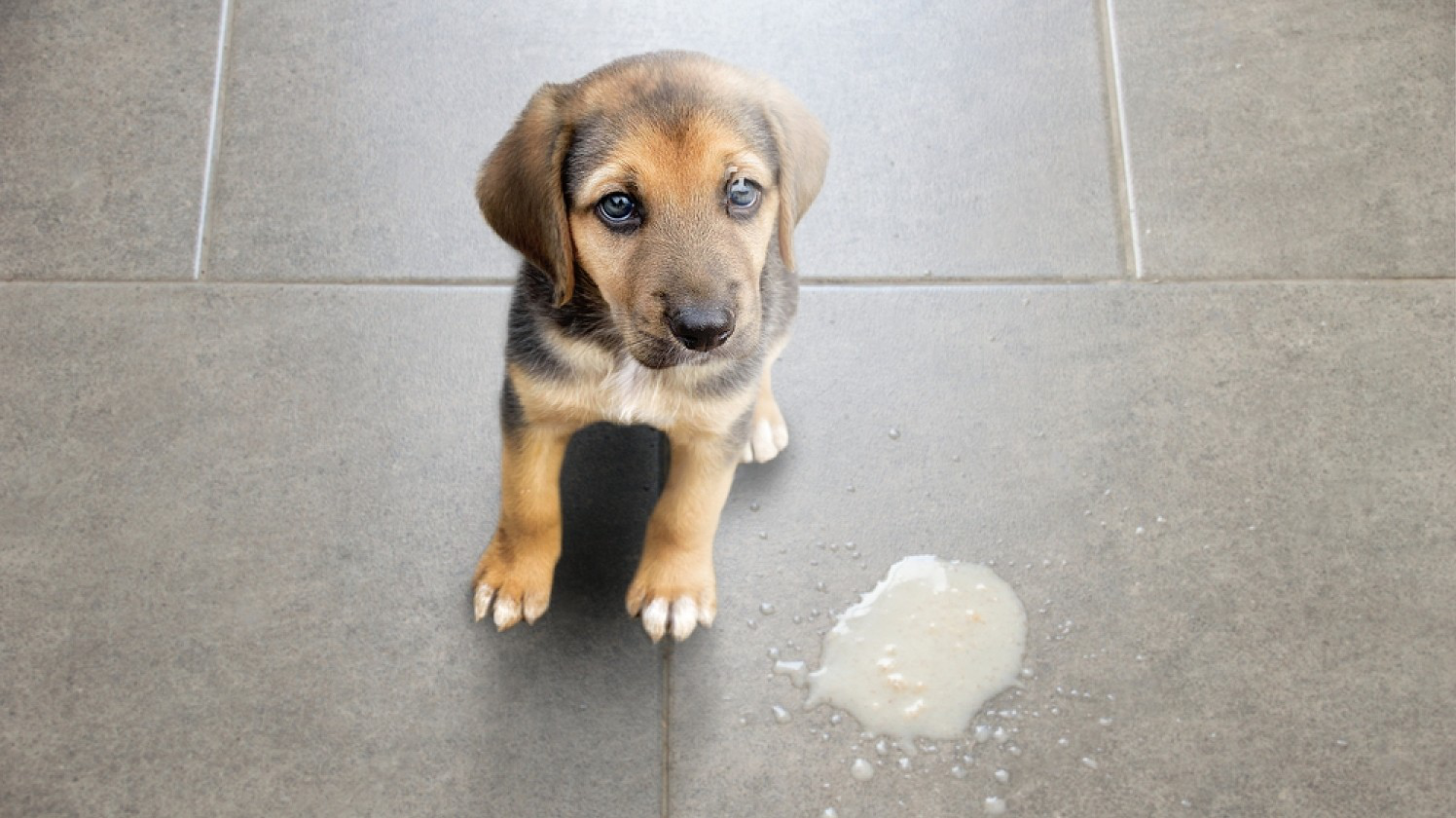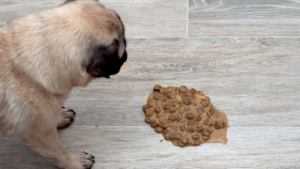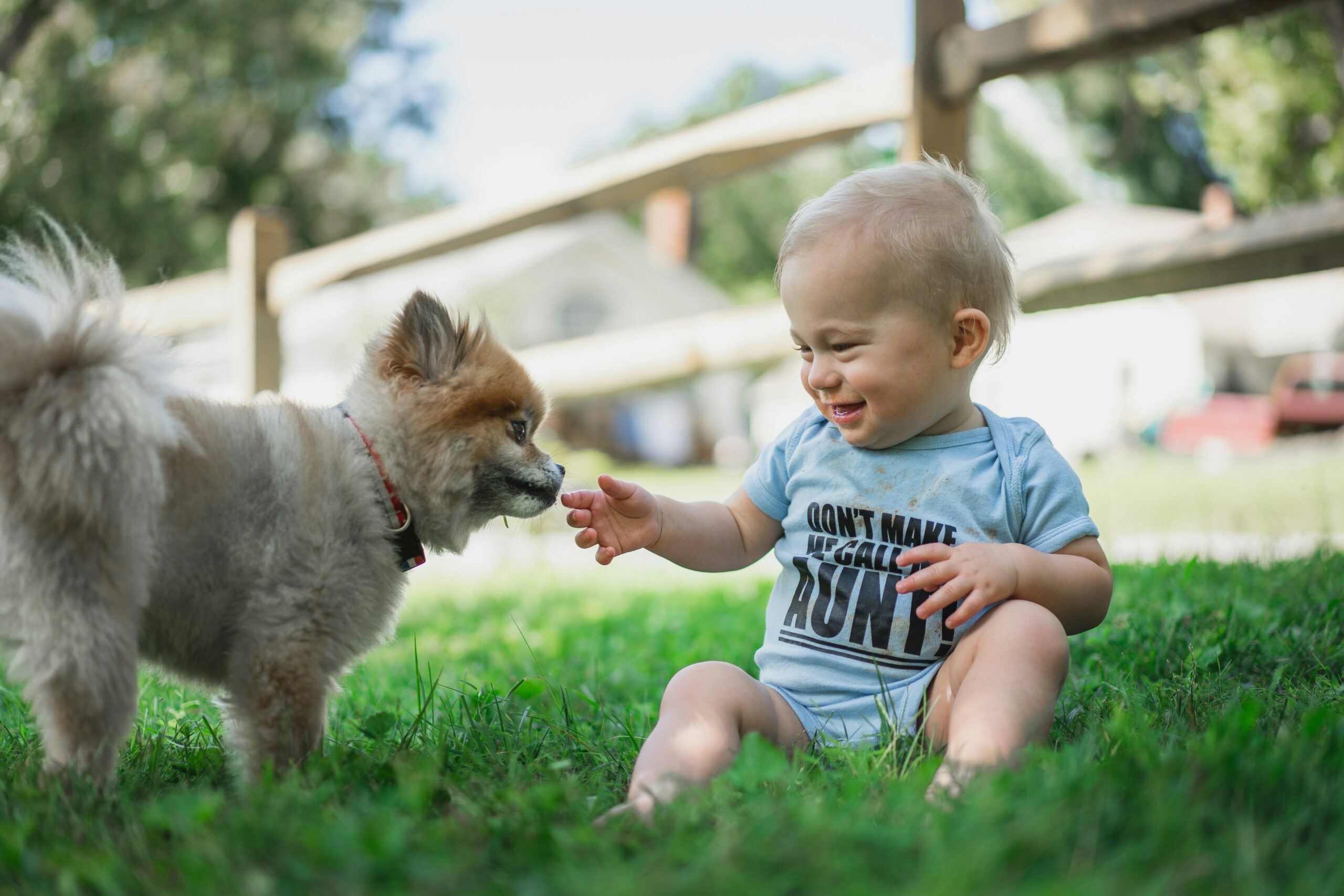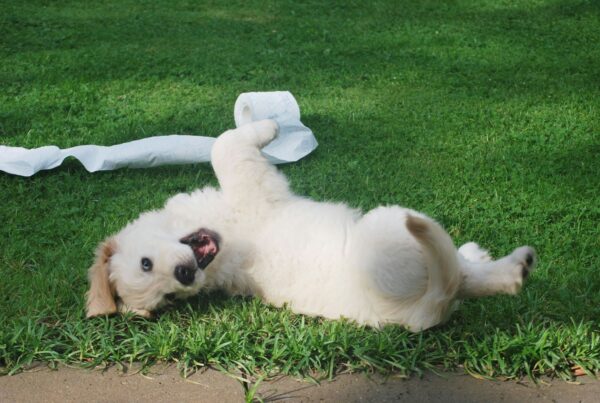As a dog parent, there’s nothing more concerning than when your four-legged friend suddenly starts throwing up undigested food. Seeing those fully-formed chunks of kibble or vegetables come back up can be alarming and upsetting. While periodic vomiting is common in dogs, frequent episodes of undigested food vomiting may indicate an underlying health issue that requires veterinary attention.
During these episodes, you’ll need to prioritize your dog’s health, comfort, and safety. By understanding the signs, providing proper home care, and contacting your vet when needed, you can help support your dog through bouts of undigested food vomiting. With some tender loving care and preventative measures, you can get your pup back on the road to feeling their best.
Difference Between Vomiting and Regurgitation
Krista Williams, DVM, from VCA Hospitals suggests that, “It is important to differentiate vomiting from regurgitation.”
So how can you tell the difference between regurgitation of undigested food and more typical vomiting? Here are the key signs:
- Food vomit contains large, identifiable pieces of their meal – you may see kibble, chunks of veggies, meat, etc. This means the food has not been properly digested.
- Episodes tend to occur shortly after eating, usually within 30 minutes to 2 hours. The food is ejected before it has time to digest.
- Projectile vomiting or forceful regurgitation motions are common as the food is expelled.
- Undigested food vomiting may happen frequently, such as several times a week. Recurring cases likely indicate an underlying health condition.
- You may also notice undigested food in their vomit first thing in the morning, even before eating breakfast. This can occur if their stomach is persistently irritated.
Keep an eye out for these signs of undigested food vomit versus more typical vomiting. If you notice your dog exhibiting repeated episodes, it’s important to contact your vet to identify potential causes and rule out serious medical conditions.
How to Treat Undigested Food Vomiting in Dogs
Vomiting can come on quickly, so it helps to be prepared. Here are some first aid steps to care for your dog when they are regurgitating undigested food:
- Withhold food for 6-12 hours to give their GI tract a chance to rest. Provide access to small amounts of water during this time to prevent dehydration. After the resting period, reintroduce bland food in small portions, such as boiled chicken and rice. Give their stomach time to tolerate food again.
- Throughout the vomiting episode, ensure your dog has access to fresh, clean water to replenish lost fluids and prevent dehydration. Gently wipe your dog’s mouth and chin with a warm, wet cloth to clean away any remnants of vomit and keep their face comfortable.
- Limit activity and prevent any exertion, excitement, or stress during and immediately following the vomiting episode to allow their stomach to settle. Monitor for symptoms of dehydration such as loss of skin elasticity, dry gums, lethargy, and sunken eyes. Seek emergency vet care if dehydration seems severe.
How to Support Your Dog During Undigested Food Vomiting
In addition to first aid, your dog will greatly benefit from comfort and affection during this discomforting experience. Here’s how you can provide support:
- Offer soothing praise, belly rubs, and head scratches to keep your dog relaxed while ill. Speak using gentle, calm tones to reassure them when vomiting occurs.
- Allow them to rest comfortably near you or place them in their favorite quiet spot with a soft blanket. Stay by their side during the vomiting episode to ease anxiety and prevent agitation. Your presence can be very comforting.
- Consider using an Adaptil diffuser or calming treats to help relax your dog if they seem particularly distressed. Remain patient, even during middle of the night vomiting episodes, and allow time for full recovery before returning to normal activity levels.
Preventing Future Episodes of Undigested Food Vomiting
While occasional vomiting is normal, you’ll want to minimize repeat incidents of undigested food regurgitation. Here are some tips:
- Gradually transition between foods over a 7 day period by mixing small amounts of the new food in. This gives their stomach time to adapt. Stick to a consistent feeding schedule, 2-3 times per day at regular intervals. Don’t allow your dog to exercise vigorously for 1-2 hours after eating.
- Consider investing in a slow-feed dog bowl designed to prevent fast gulping of food, which can lead to regurgitation. Avoid sudden food or portion size changes. Make adjustments incrementally to prevent shocking their digestive system.
- Monitor ingredients in treats, chews, and dental products your dog consumes as they can cause food intolerances for some dogs. Keep your vet informed if vomiting recurs so they can adjust treatment plans and get your dog back on the right path.
Well, That’s a Wrap
Undigested food vomiting can be messy, unpleasant, and concerning when you notice your dog experiencing frequent episodes. While cleaning up vomit is never fun, try to stay positive and focus care on providing relief and comfort for your furry friend. With attentive first aid, TLC, and guidance from your veterinarian, your pup can get back to feeling their best. Patient care from pet parents like you can help set dogs up for recovery from these disruptive vomiting events.
Did you find this city dog content helpful? Share it with a friend or link it to social media. Enjoy short clips of silly dogs? Best dog training videos? Holistic puppy training tips? Follow us on instagram @nydognanny or on YouTube at nydognanny. Have some news you needs to get to dog and cat parents stat? Email info@newyorkdognanny.com with your article pitch.





